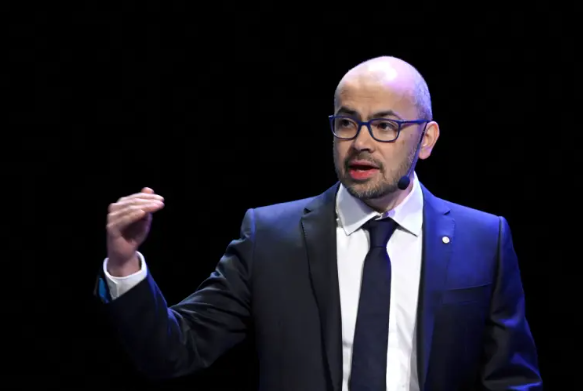
Demis Hassabis, co-founder and CEO of DeepMind and one of the winners of the prestigious 2024 Nobel Prize in Chemistry , is not too worried about an AI-induced "job apocalypse."
Instead, he expressed concern about the possibility of sophisticated AI systems falling into the wrong hands while controls remain too lax.
“Both risks are important and difficult to address. But the biggest concern is how to limit access to powerful AI systems for bad actors while still allowing good actors to exploit the technology’s positive potential, ” Hassabis said at the SXSW technology festival in London this week.
How dangerous is AI in the wrong hands?
Hassabis’s concerns are not unfounded. In May, the FBI warned that hackers were using AI to create voice messages impersonating government officials for fraud purposes. A report commissioned by the US State Department also said that AI could pose “catastrophic” risks to national security.
At the same time, AI is increasingly being used to create deepfakes, which has forced the US government to act. The Takedown Act, signed into law by President Donald Trump last month, makes it illegal to share non-consensual pornography.
DeepMind CEO believes that, in the context of AI models developing at a dizzying speed, the world needs an international agreement on basic ethical principles for this technology.
“Obviously that is very difficult at the moment, given the complex geopolitical situation,” he admitted. “But I believe that as AI becomes more sophisticated, countries will realize the need for global cooperation to control it.”
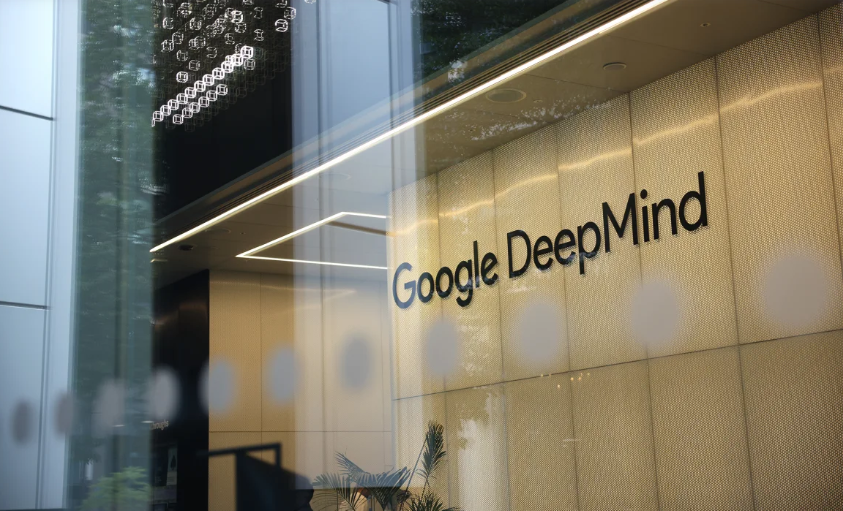
Don't be too pessimistic about the future of work
While the CEO of AI Anthropic Labs warns that AI could eliminate half of all basic office jobs, Mr Hassabis is more optimistic. He acknowledges that AI will change the structure of the labor market, but does not believe that the technology will make humans redundant.
“History shows that every major wave of technology, like the advent of the internet, brings about dramatic change. But at the same time, it also creates new, even better types of jobs,” Hassabis said.
The challenge, he said, is not to prevent AI from changing jobs, but to redistribute the superior productivity that AI brings to society. That requires adaptation from the policy system, education, and even human career thinking.
In the near future, DeepMind CEO envisions a world where AI “agents” will be digital assistants capable of assisting humans with a range of everyday tasks.
“We call it a general-purpose AI assistant that will accompany you in every aspect of your life, from helping with administrative work to recommending movies, books, or even connecting you with suitable friends,” said the DeepMind CEO .
Google has already integrated AI into its search engine and is developing AI-powered smart glasses, a step towards making this vision a reality.
However, current AI is not perfect. Models sometimes create “illusions” by giving false information but with a confident tone.
According to Demis Hassabis, this shows that AI cannot completely replace humans, but should be seen as a tool to enhance capacity. “There will be a lot of changes, but new jobs will appear to replace old jobs,” he said.
Source: https://baovanhoa.vn/nhip-song-so/mat-viec-vi-ai-khong-dang-so-bang-ai-lot-vao-tay-ke-xau-140835.html









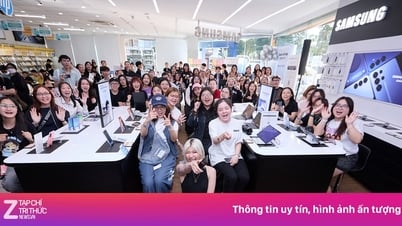



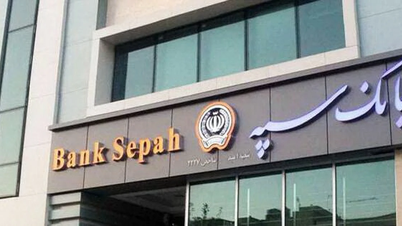

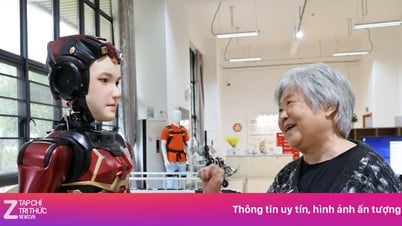





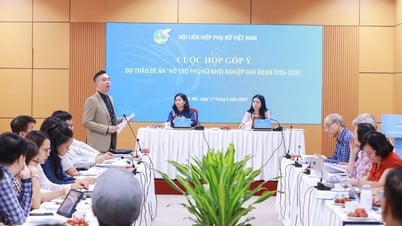
























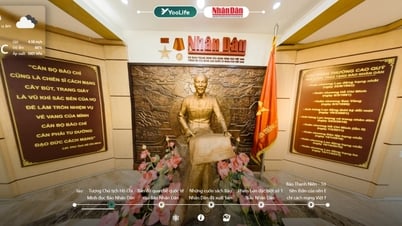


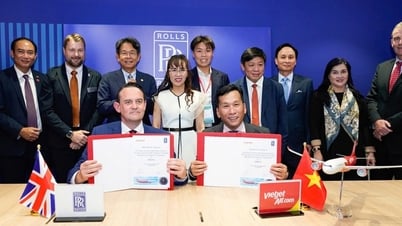



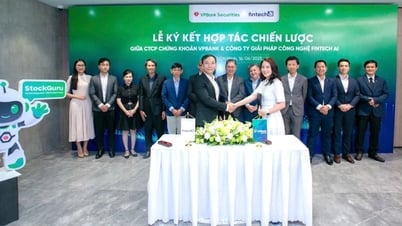
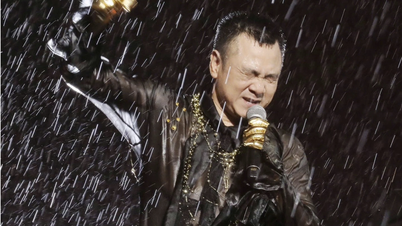
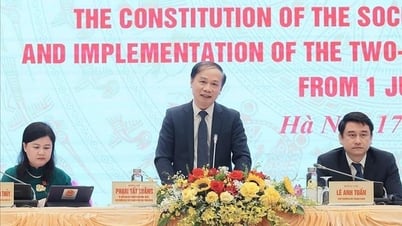

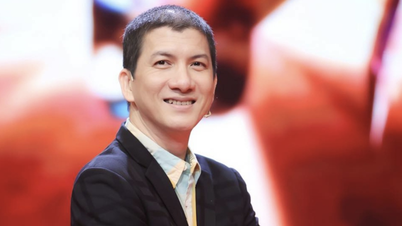



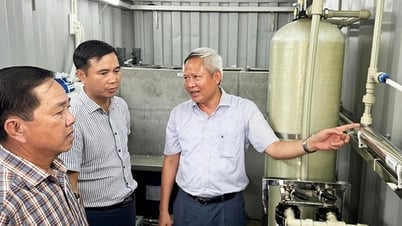

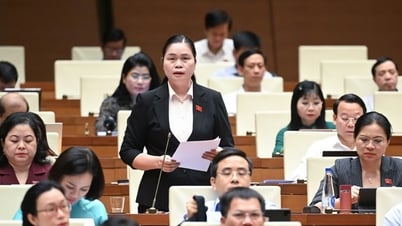


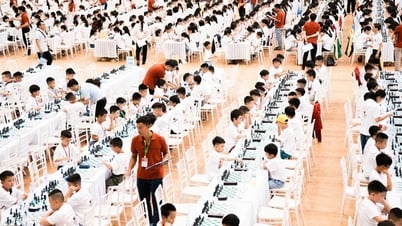
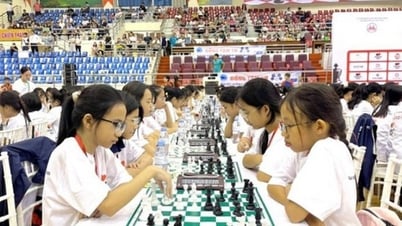

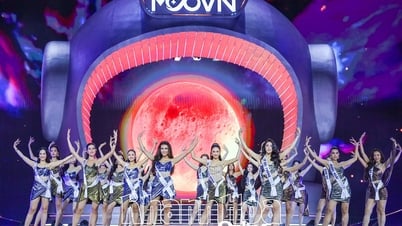




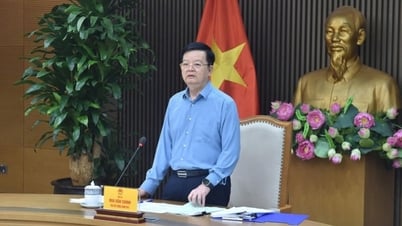



















Comment (0)